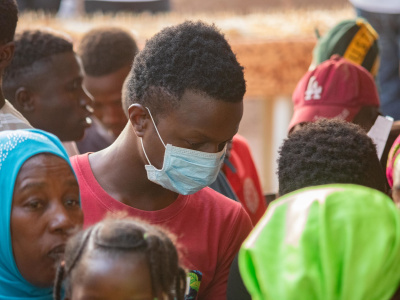
COVID-19 in Africa: Driver of conflict, or too early to tell?
Summary
COVID-19 has caused disruptions across the globe on a scale not previously imagined. This brief looks at the consequences of the COVID-19 crisis for conflict-affected areas in Africa, as well as measures taken against the pandemic, which are likely to be even more profound and far-reaching. But as the virus continues to spread, the impact of COVID-19 on ongoing conflicts is still uncertain.
The debate is currently divided. On the one hand, we hear more alarmist tones from those experts who warn of ‘expanding footprints’ of mainly terrorist groups while international troops ‘scramble home’, and violent and extremist groups advance. On the other hand, there are more skeptical views, arguing that the effect of COVID-19 on activities of violent and extremist groups remains to be seen, and that there is no evidence that the rise and fall of attacks by violent or extremist groups in recent months is the result of the Corona crisis.
Trying to make sense of all this, we call for a cautious pair of eyes that avoids being blindsided by the ‘headline’ impact of the COVID-19 crisis on conflicts, and weighs the impact of this crisis on deeper, longer-term causes and drivers of conflicts and inequality, in particular gender inequality. Fragile and conflict-affected regions – but also stronger economies – are reporting a rise in gender-based violence, compounded by an economic fallout and increasing stress on public services. These effects risk deepening inequalities and grievances. In the attempt to ‘Build Back Better’ following the COVID-19 crisis, these should be taken into account, supported by a rigorous conflict- and gender-sensitive data gathering, which can inform an adequate recovery and response.




